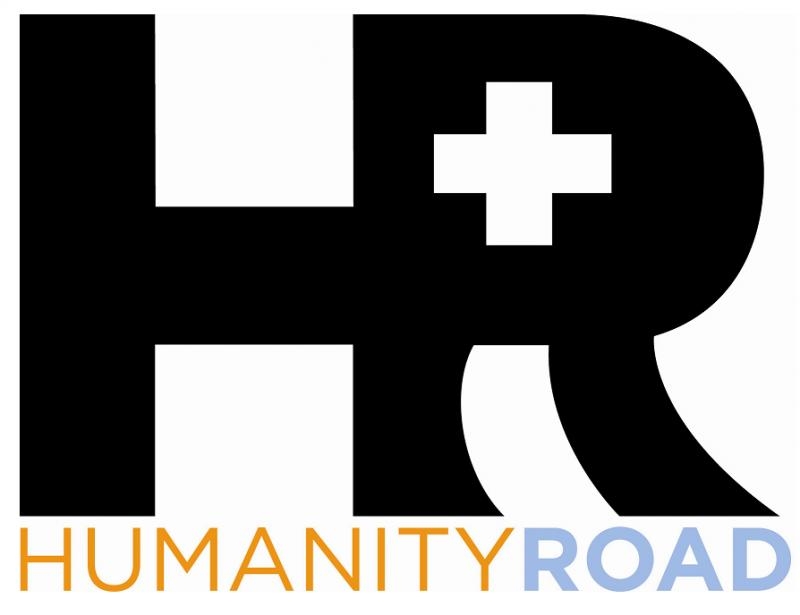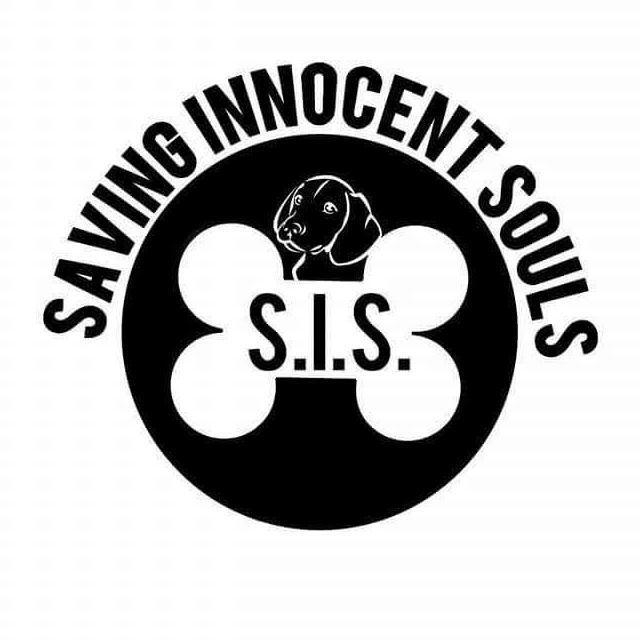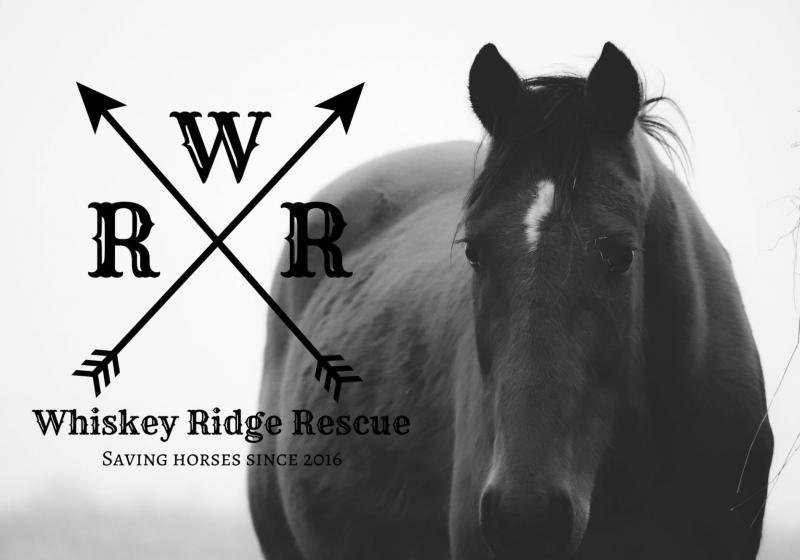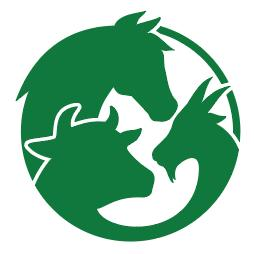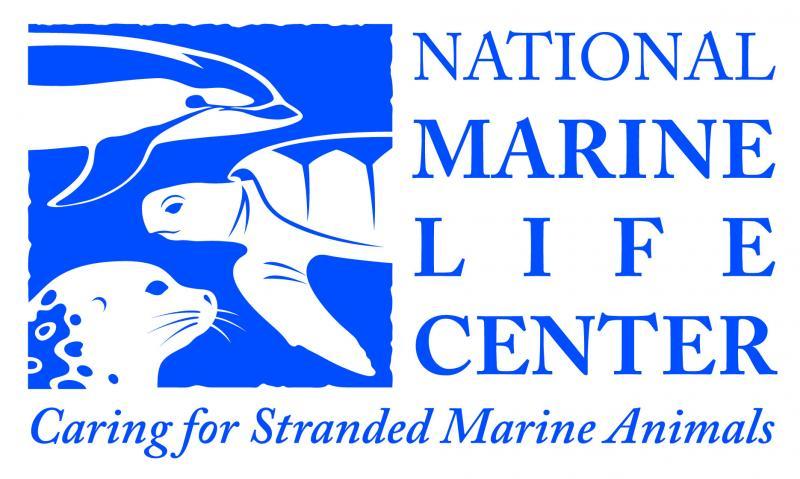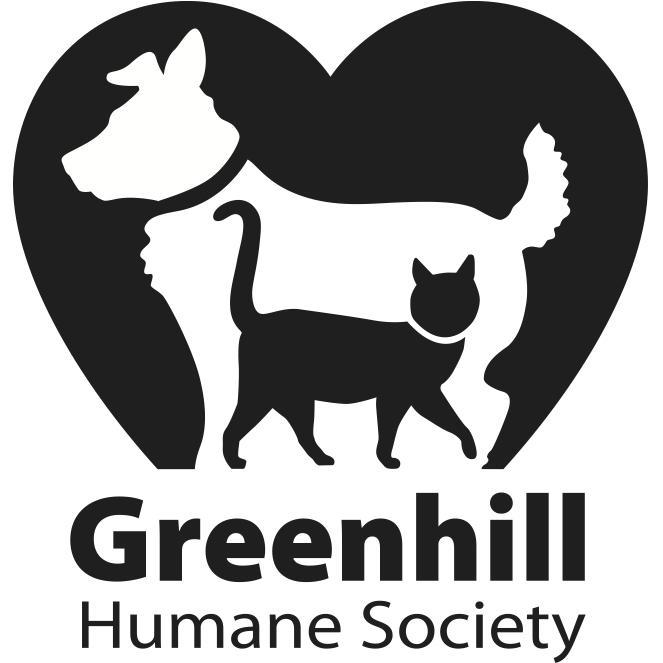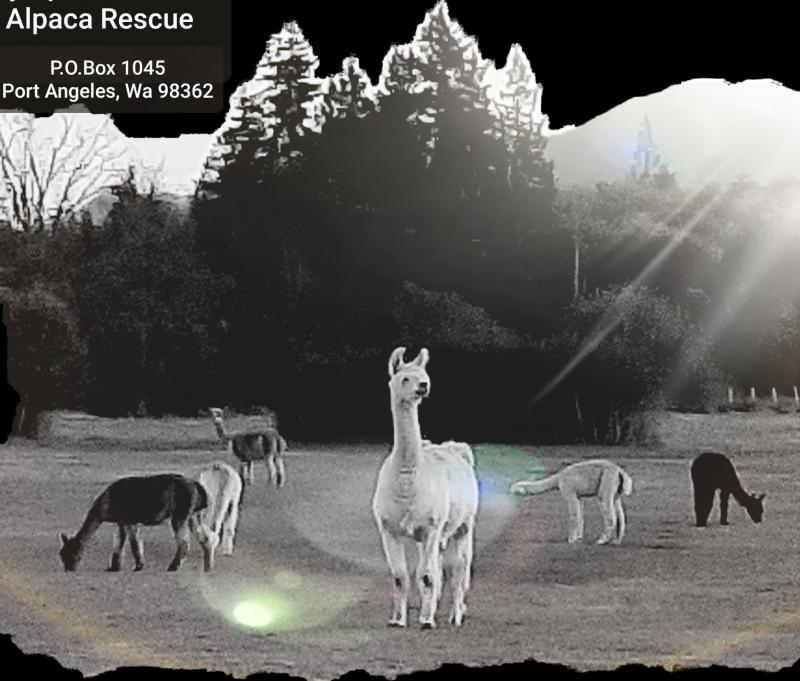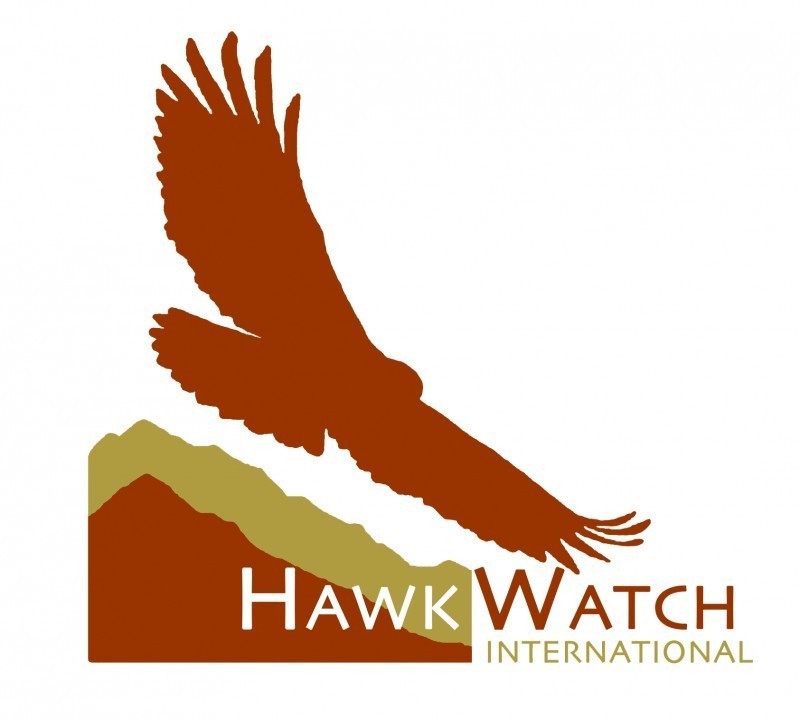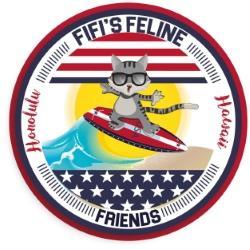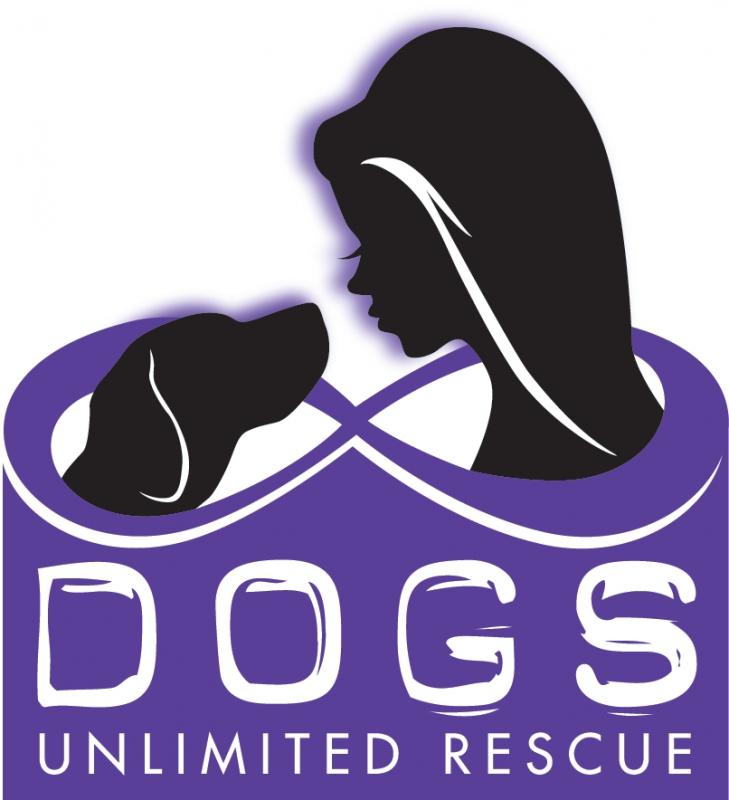Causes: Animal Protection & Welfare, Animals, Bird Sanctuaries, Wildlife Preservation & Protection
Mission: The mission of Tri-State Bird Rescue & Research is to achieve excellence in the rehabilitation of injured, orphaned and oiled native wild birds, with the goal of returning healthy birds to their natural environment. We do this through compassionate care, humane research, and education.
Programs: Bird care - the clinic admitted 3,084 birds between these dates. Over 119 different neotropical species which included over 1800 individuals. Some of the specialty birds that the clinic admitted were: 72 bald eagles, 10 american kestrels, 1 american oystercatcher, 1 black skimmer, 4 broad-winged hawk, 11 common loons, 1 common murre, 10 killdeer, 7 northern gannets, 3 peregrine falcons and 1 piping plover. The number one species represented in the clinic was the american robin making up 21% of our caseload (313 individuals). The 3 most represented taxonmomic groups admitted to the center were songbirds at 64% (1963 individuals), raptors at 15% (471 individuals) and waterfowl at 13% (402 individuals). The clinic released over 950 individuals during the above time period. Out of those released 152 orphans were reunited with their parents or placed in a foster family (non-biological). 40 of which were raptors including 2 peregrine, 1 bald eagle, 6 osprey and 4 american kestrels. Some of the causes of injury that the clinic sees is: attack by cat (244 individuals), over 122 individuals attacked by another animal, hit by vehicle (365 individuals), 53 individuals gunshot victims, contamination (34 individuals) and disease such as west nile virus and finch eye syndrome (56 individuals). The summer is the busiest time of year. During the summer the clinic admitted 1989 hatch year birds and at its height admitted 44 birds in one day.
oil spill response and contingency programs -tri-state bird rescue & research, inc. Oil programs staff continue to be dedicated to providing planning and preparedness services including plan development, hands-on trainings, exercise participation, and maintaining the staff's own level of training. This year staff participated in science of oil spills, doi inland spill response, uscg piat risk communications/jic trainings in addition to annual hazwoper training. The team also provided hands-on and classroom-based trainings and exercises to ecrc personnel in canada; nyswrc members; uscg partners in florida; if&w, nps, and usfws personnel in maine; and local volunteers. Oil programs staff developed facility plans for maine if&w and wrote preparedness plans and/or documents for ottawa national wildlife refuge in ohio and enbridge, inc. The team also participated in exercises in new hampshire on behalf of nh des and florida on behalf of marathon petroleum corporation. Other preparedness activities included hosting international members of the global oiled wildlife response system for a week of meetings which discussed beefing up preparedness activities globally, and developing best practices. Additionally, the team provided tours of the wildlife response annex to state and federal partners providing them the opportunity to experience the resources and planning necessary for a successful oiled wildlife response. Tri-state responded to three oil spill incidents and also treated several individual, incidentally contaminated birds.
education and volunteer services - education continues to be an important part of tri-state's mission. Since 1997, our wildlife veterinarians have taught an introduction to wildlife medicine course to first-year veterinary students at the university of pennsylvania. Reaching 198 students in the 2016-17 academic year, this course gives students an overview of veterinary work in wildlife-related fields and provides them with unique hands-on opportunities. Community education is a large part of tri-state's work, from answering thousands of phone calls every year about wildlife from the general public to giving educational presentations to student and community groups. In fiscal year 2016-2017, tri-state gave 16 educational presentations to 420 members of the community and attended community outreach events that reached an audience of 4135 people. Finally, tri-state educates its volunteers on the proper care of native wild birds undergoing rehabilitative treatment at our facilities. In fiscal year 2016, we trained 18 new volunteers.
Mission: The mission of Tri-State Bird Rescue & Research is to achieve excellence in the rehabilitation of injured, orphaned and oiled native wild birds, with the goal of returning healthy birds to their natural environment. We do this through compassionate care, humane research, and education.
Programs: Bird care - the clinic admitted 3,084 birds between these dates. Over 119 different neotropical species which included over 1800 individuals. Some of the specialty birds that the clinic admitted were: 72 bald eagles, 10 american kestrels, 1 american oystercatcher, 1 black skimmer, 4 broad-winged hawk, 11 common loons, 1 common murre, 10 killdeer, 7 northern gannets, 3 peregrine falcons and 1 piping plover. The number one species represented in the clinic was the american robin making up 21% of our caseload (313 individuals). The 3 most represented taxonmomic groups admitted to the center were songbirds at 64% (1963 individuals), raptors at 15% (471 individuals) and waterfowl at 13% (402 individuals). The clinic released over 950 individuals during the above time period. Out of those released 152 orphans were reunited with their parents or placed in a foster family (non-biological). 40 of which were raptors including 2 peregrine, 1 bald eagle, 6 osprey and 4 american kestrels. Some of the causes of injury that the clinic sees is: attack by cat (244 individuals), over 122 individuals attacked by another animal, hit by vehicle (365 individuals), 53 individuals gunshot victims, contamination (34 individuals) and disease such as west nile virus and finch eye syndrome (56 individuals). The summer is the busiest time of year. During the summer the clinic admitted 1989 hatch year birds and at its height admitted 44 birds in one day.
oil spill response and contingency programs -tri-state bird rescue & research, inc. Oil programs staff continue to be dedicated to providing planning and preparedness services including plan development, hands-on trainings, exercise participation, and maintaining the staff's own level of training. This year staff participated in science of oil spills, doi inland spill response, uscg piat risk communications/jic trainings in addition to annual hazwoper training. The team also provided hands-on and classroom-based trainings and exercises to ecrc personnel in canada; nyswrc members; uscg partners in florida; if&w, nps, and usfws personnel in maine; and local volunteers. Oil programs staff developed facility plans for maine if&w and wrote preparedness plans and/or documents for ottawa national wildlife refuge in ohio and enbridge, inc. The team also participated in exercises in new hampshire on behalf of nh des and florida on behalf of marathon petroleum corporation. Other preparedness activities included hosting international members of the global oiled wildlife response system for a week of meetings which discussed beefing up preparedness activities globally, and developing best practices. Additionally, the team provided tours of the wildlife response annex to state and federal partners providing them the opportunity to experience the resources and planning necessary for a successful oiled wildlife response. Tri-state responded to three oil spill incidents and also treated several individual, incidentally contaminated birds.
education and volunteer services - education continues to be an important part of tri-state's mission. Since 1997, our wildlife veterinarians have taught an introduction to wildlife medicine course to first-year veterinary students at the university of pennsylvania. Reaching 198 students in the 2016-17 academic year, this course gives students an overview of veterinary work in wildlife-related fields and provides them with unique hands-on opportunities. Community education is a large part of tri-state's work, from answering thousands of phone calls every year about wildlife from the general public to giving educational presentations to student and community groups. In fiscal year 2016-2017, tri-state gave 16 educational presentations to 420 members of the community and attended community outreach events that reached an audience of 4135 people. Finally, tri-state educates its volunteers on the proper care of native wild birds undergoing rehabilitative treatment at our facilities. In fiscal year 2016, we trained 18 new volunteers.
110 Possum Hollow Rd, Newark, DE 19711
302-737-9543

Animals
Newark



